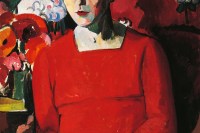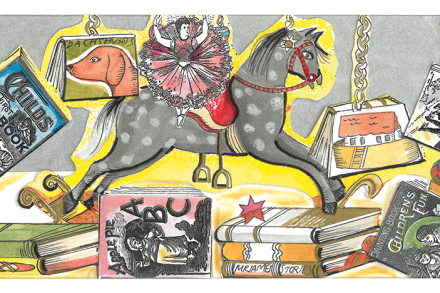A feast for quiz-lovers: Christmas gift books
The Christmas gift book market is a fascinating thing. Things come into fashion, other things drop out, although the desire to amuse and/or make the mind boggle is pretty much constant. This year’s book that performs both tasks admirably is The History of Art in One Sentence (Bloomsbury, £14.99) by Verity Babbs, which I am assured is her real name. She is an art historian and a comedian, an unusual combination in academe and a very effective one here. Her task is to guide us through 50 art movements from the past 500 years, one sentence at a time. Each short chapter asks ten judicious questions about the movement, then




















